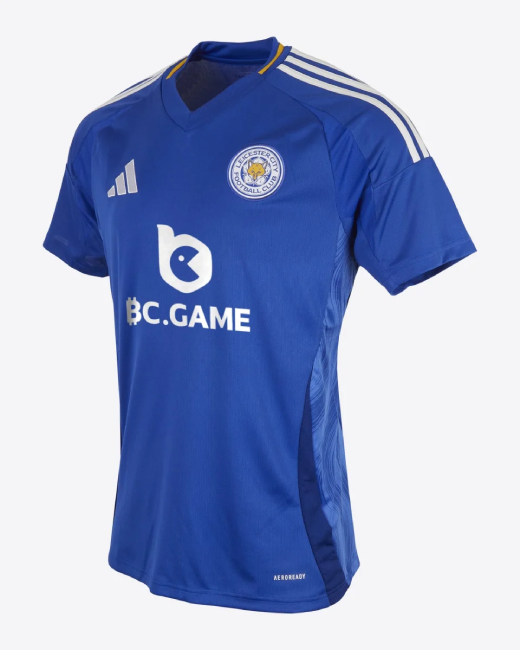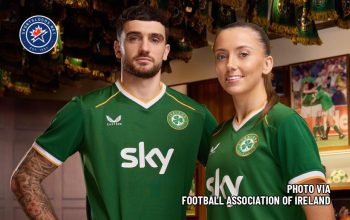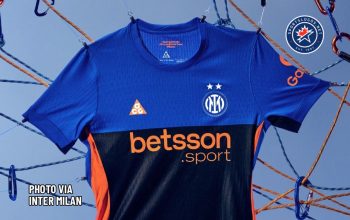
When Jeremy Monga made his way onto the pitch for Leicester City in the 74th minute of their match against Newcastle United on Monday, April 7, he became the second-youngest person to ever play in a Premier League game at 15 years, 271 days old.
But that wasn’t the only unusual thing about Monga’s appearance that day.
Monga took the field wearing the number 93 on his royal blue home jersey. But, in stark contrast to his teammates, that jersey was not adorned with Leicester City’s usual front-of-shirt and sleeve sponsor logos.


Leicester’s usual front-of-shirt sponsor is an online cryptocurrency gaming platform, BC.Game. But since Monga is under the age of 18, the United Kingdom’s Gambling Act 2005—which was reviewed in 2020—he was not permitted to wear the site’s logo on his shirt. This also applied to the sleeve sponsor, Vietnamese beer brand Saigon.



BC.Game’s financial health was seriously questioned in November 2024, when bankruptcy petitions were filed in October against the site’s former owner, Blockdance, and its current parent company, Small House, in Curaçao, the Caribbean island nation where BC.Game is licensed. A BC.Game statement said those petitions “lack substantive evidence and fail to demonstrate any violations by our platform,” while a Leicester City statement said “BC.Game have further assured us that they have no issues with liquidity and that they remain fully committed to meeting their ongoing contractual and financial obligations, including to the Club.”
The youngest player to ever appear in a Premier League game is Arsenal’s Ethan Nwaneri, who was 15 years, 181 days old when he made his debut against Brentford on September 18, 2022. Nwaneri didn’t face the same sponsorship problems, though, as Arsenal’s front-of-shirt sponsor is Emirates Airlines and their sleeve sponsor is Visit Rwanda, a tourism initiative of the Rwanda Development Board.

The Premier League is set to enact a voluntary ban on betting firms as front-of-shirt sponsors at the end of the 2025-26 season. Clubs agreed to this ban so that more stringent bans on betting firm advertising wouldn’t be imposed on them by the United Kingdom government. Betting firms will still be able to put their logos on the sleeves of Premier League jerseys, as well as advertise on pitchside digital boards.











